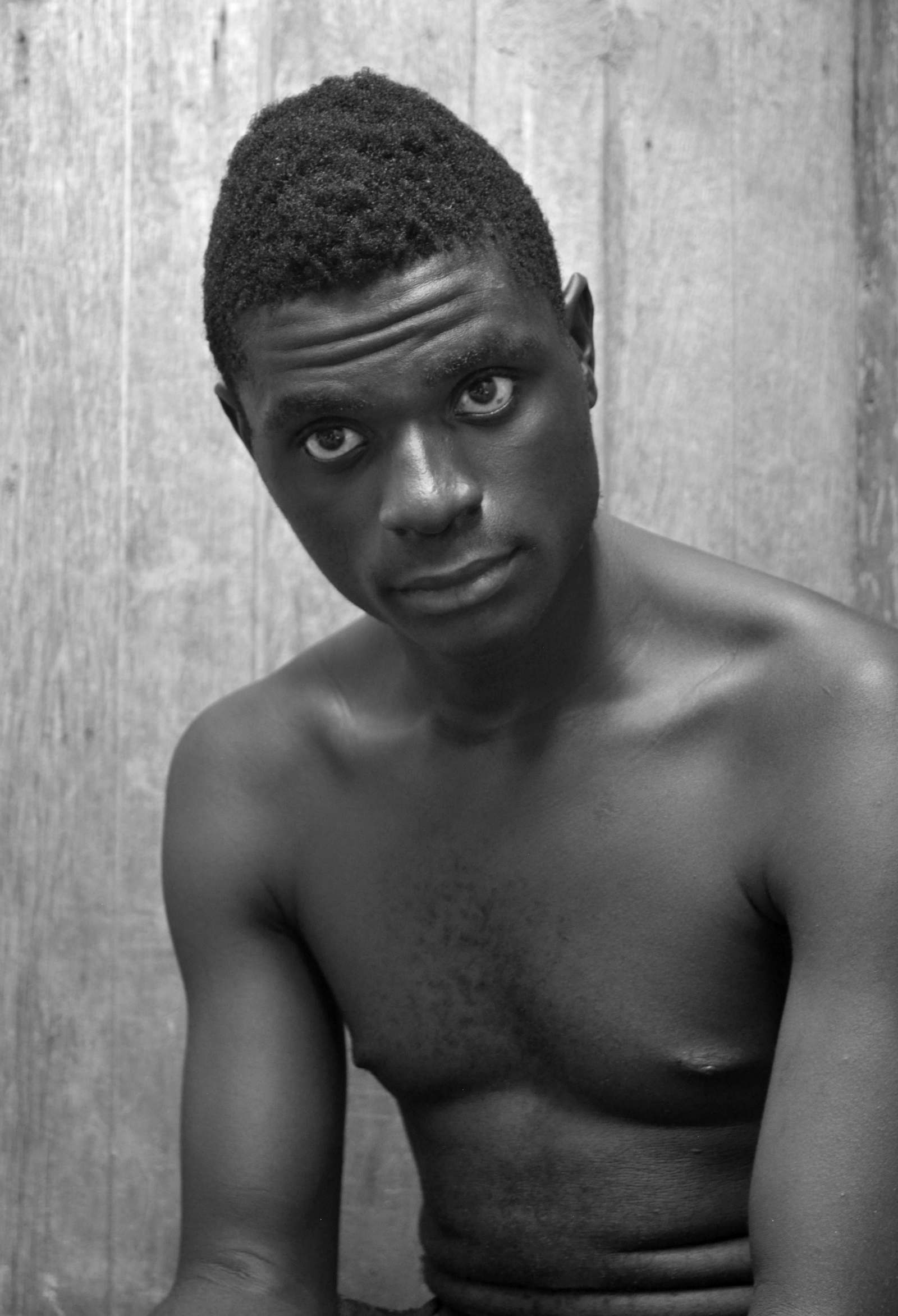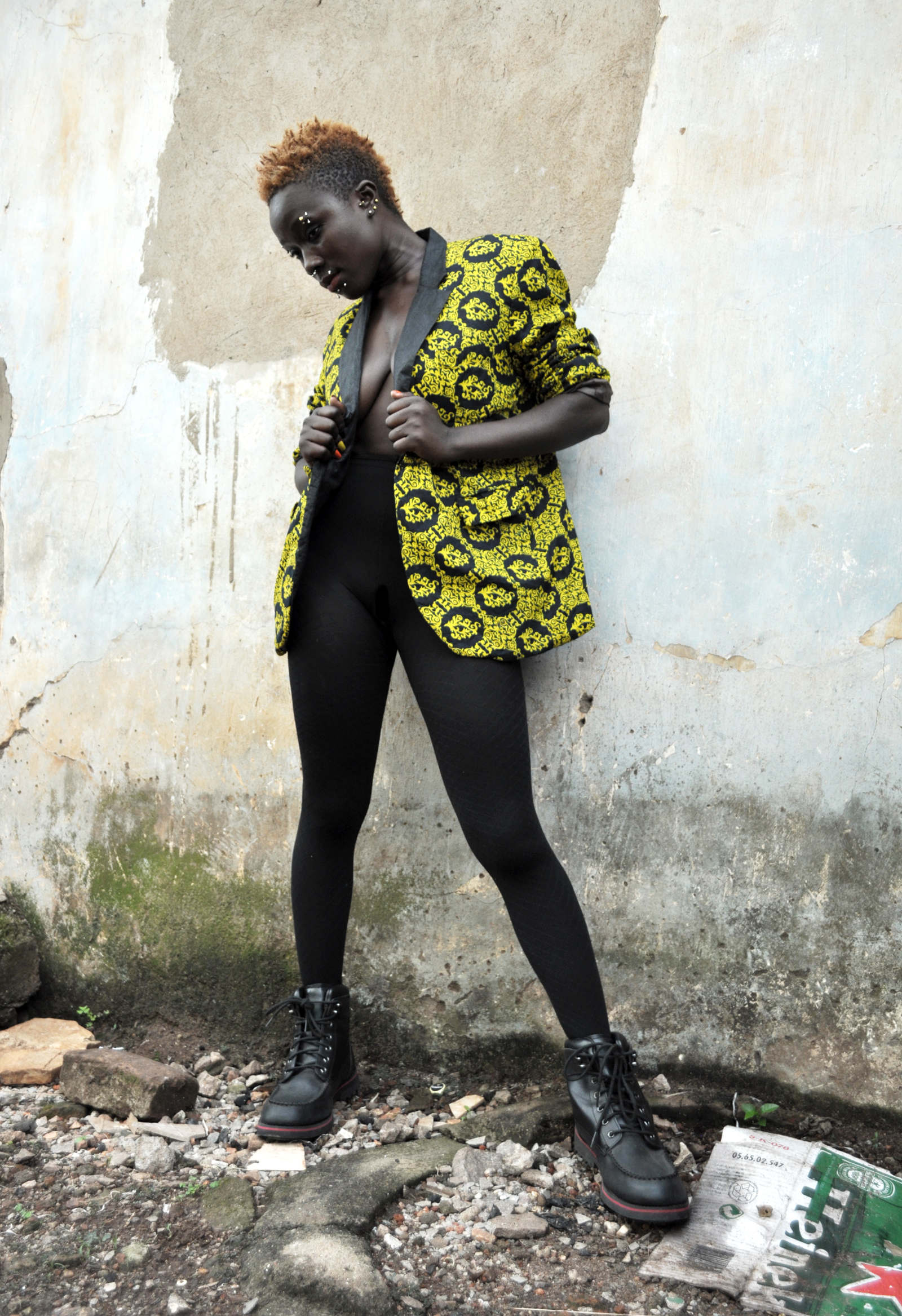Queer Collective aims to make an impact in Uganda
Colin Stewart is a 45-year journalism veteran living in Southern…

Keith King, the founder and creative director of Uganda’s Queer Collective, tells about the new Kampala-based organization, which aims to provide a space where queer artists in east Africa can come together and share their work locally, nationally, and internationally.
The collective, launched in July, is currently fundraising for its first major project, called “I Am Other,” which will compile an online database of stories about LGBT Ugandans.
Queer Collective aims to empower and validate LGBTQ artists by providing education and mentorship programs that will improve their craft and enable them to become economically self-sustaining as well as agents for social change.
The Queer Collective aims to eventually have a physical location for work and exhibitions, but currently it is focusing on online exhibits.
The four people currently working on the collective are all based in Kampala:
- Keith King, a Ugandan LGBT activist.
- Austin Bryan, an American ethnographic researcher.
- Mac Ilakut, a Ugandan trans* activist.
- Matthew Alemi, a Ugandan queer “artivist.”
In connection with the collective, several local activists in Uganda are working on the multi-media research and documentation project “I Am Other,” with the goal of recording the lives and stories of LGBTQ Ugandans across the country.
This will generate the first online visual archive of the daily lives of LGBTQ Ugandans — and serve as another tool for local activists to use in the fight for their human rights as LGBTQ persons.
An aim of the project is to change the narrative and start a positive conversation about LGBTQ Ugandans — to empower and validate an invisible community that is often faced with ridicule and rejection by calling to people’s attention their successes, triumphs, and the hardships they face, while also bearing testimony and honoring victims and survivors of homophobia and transphobia.

Among the collective’s other project are:
One part of the “I Am Other” project is the story of Rihanna, a 22-year-old transgender woman living in Kampala who was arrested and jailed for a period of time during Uganda’s intense wave of anti-LGBT harassment in 2014. She was charged under Section 145 of the Ugandan Penal Code Act for having “carnal knowledge against the order of nature.”
She recalled being attacked, then arrested:
“We were still sleeping — it was approaching 6:30 a.m. The landlord said, ‘You people get ready for what’s coming.’
“We heard people screaming outside. We opened the door and the chairmen, journalists, police, and people from around were there.
They said, ‘Get out!’ ‘Remove all your things!’ ‘We won’t tolerate gay people in our area.’
“It was mob justice — they beat us badly. That’s even how I got this wound.”
Rihanna’s story is one of many accounts from Ugandan LGBTQ individuals that are being archived in the new research and documentation project. Her story, along with thousands more, represents the struggle for equal human rights of sexual and gender minorities in the country.
Because many political, cultural, and religious leaders believe that LGBTQ Ugandans are “un-African” or that they do not exist — it is important to document the vast gender and sexual orientation diversity in the country, King says.
For more information, see the Queer Collective’s Facebook page and its website.
The team is also seeking financial support through a crowd funding campaign, which will run through Dec. 8, to raise money to travel to the most remote regions of Uganda to document the stories of sexual and gender minorities.
Related articles
- IN PICTURES: ‘Queer Collective’ creates a space for artists in East Africa to celebrate sexual and gender diversity (Mail & Guardian Africa)
- After mob attack, Senegal blocks gay-themed art show (76crimes.com)
- Senegal art show to feature LGBT African (76crimes.com)
- Uganda photography project in pursuit of LGBT rights (76crimes.com)
- Tale of Uganda pride: rainbow colors, worries, arrest (76crimes.com)
- On African island, ‘Tchindas’ goes beyond LGBTI acceptance (76crimes.com)
- Moscow police shut down LGBT photo exhibits (76crimes.com)
- Photo essay: Third gender finding its place in Indian society (76crimes.com)



Reblogged this on Fairy JerBear's Queer/Trans News, Views & More From The City Different – Santa Fe, NM and commented:
A new queer activist group launches in Uganda.